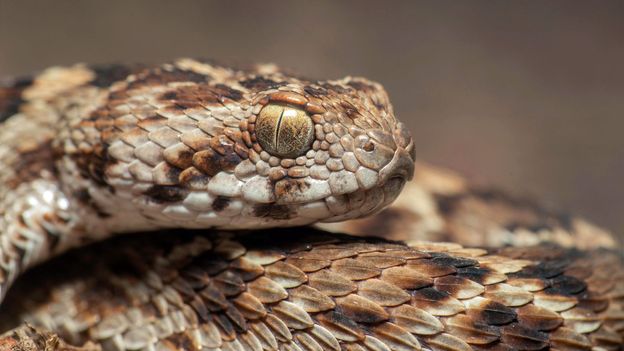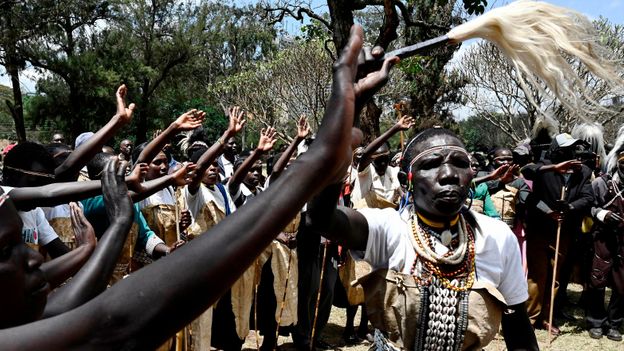“Every morning we find the snakes, look at what habitat they are in, whether they are shedding their skin or have just fed,” he says. “We are looking at how close they are to where people are working, where they are moving. It is giving us a lot more accurate information that we need to help tell people how to avoid and respect the snakes.”
Involving local people in this research has also been crucial as it is helping to overcome local resistance to the interventions they are attempting to introduce, says Bindumadhav. Farmers, for example, often prefer not to use boots or flashlights when working in the field as they impede their ability to move around or to do work quickly. Similar schemes to hand out boots in Africa have failed because villagers found the boots uncomfortable and as the rubber was valuable, they sold them off, says Albulescu. Boyer too has heard of similar problems.
For farmers like Tukaram Rao, knowing more about the snakes has helped to dispel much of the fear that surrounds them.
“Before this, we used to be very scared of snakes,” he says. “We used to run away on seeing a snake or not work in that area at all. Now we have some basic knowledge. For example, when we go to work, we use a stick to check the area before we start working.”
Rao had his own close encounter with a Russell’s viper recently while walking from his house to secure his cows. “I first noticed something shining in the pathway,” he says. “I asked my son to fetch a light and we drove it away.”
He hopes that as they learn more about Russell’s vipers and their behaviour, it could ultimately allow his community to live alongside the snakes rather than in conflict with them.
“Many people used to kill snakes on sight,” he says. “But as we understand them better it could lead to fewer snakes being killed.”
Bindumadhav’s ambitions are greater still. He wants to make the entire district around the village free from snake bite deaths. “We are starting with a village,” he says. “But we hope to scale it out to other districts. Snakes are misunderstood creatures – there is no reason anyone has to die from them.”
* This article has been updated on 15 April 2021 to reflect an change in the estimate for spending on venom research. Recent research commissioned by the Wellcome Trust found £57m had been spent between 2008-2017 rather than its earlier estimate of £30m.
—
Join one million Future fans by liking us on Facebook, or follow us on Twitter or Instagram.
If you liked this story, sign up for the weekly bbc.com features newsletter, called “The Essential List”. A handpicked selection of stories from BBC Future, Culture, Worklife, and Travel, delivered to your inbox every Friday.












